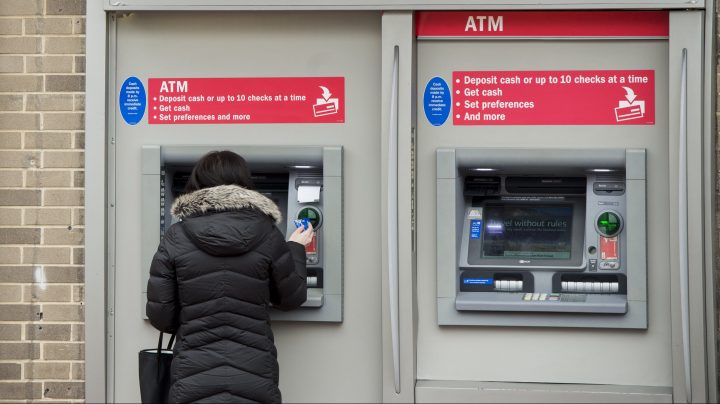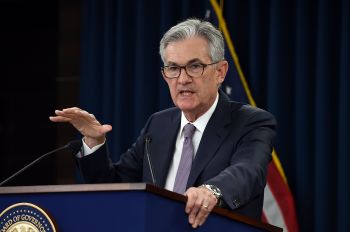
Smaller banks keep a close watch over their liquidity
Smaller banks keep a close watch over their liquidity

In the time since Silicon Valley Bank’s collapse, bankers around the country have been fielding a lot of questions about their liquidity. And while many bankers have been reassuring depositors that their liquidity is high, some say they’re taking steps to ensure their liquidity stays elevated.
People stowed a lot of cash in banks early in the pandemic, especially after the government distributed relief aid. But those days of liquidity pouring in are over, said Dominik Mjartan, CEO of Optus Bank in South Carolina.
“While we grew largely during that period, since that time, that liquidity has been gradually trickling out of the system,” Mjartan said.
Part of the issue, he said, is that some of his competitors started offering higher yields after the Federal Reserve started raising interest rates. Now that Silicon Valley and Signature banks have failed, Mjartan said his bank’s concerned that the gradual trickle could pick up.
“Our board, and team, was very concerned about the situation and definitely spoke of us in favor of raising additional liquidity, even though we may not need it today,” Mjartan said.
That’s because Optus Bank is making a lot of loans, he added, which means it needs to hang on to its customers’ deposits. As a result, the bank is following its competition and increasing the interest it pays on certain deposits.
“We may have to offer up a rate, frankly, that a year ago would have been unconscionable,” Mjartan said. “But today, we may have to get a little more aggressive.”
Mjartan said there hasn’t been an uptick in withdrawals within the last week. But people could start pulling their money if they get worried about the banking system more generally, according to Julie Hill, a law professor at the University of Alabama.
“When [people] are faced with concerns, they think the easier thing to do is to withdraw their money and move it, rather than do a bunch of research to see if their bank is better situated than others,” Hill said.
Hill said that’s why government regulators have been stepping in to offer banks more liquidity. Just over a week ago, the Federal Reserve created the Bank Term Funding Program, which offers one-year loans to banks that need the money.
“They don’t want people to watch on the news to see one or two or three banks failing, and think, ‘Oh, my goodness, my money isn’t safe in banks. I need to go take it out and go put it under my mattress or whatever,’” Hill said.
Another concern is whether people will go put their money in a bigger bank.
“Money likes to be with other money,” said Mehrsa Baradaran, a law professor at University of California, Irvine. “Money likes to be where it’s safe.”
History has shown that the government’s willing to step in and save banks if it considers them systemically important, Baradaran said. “The system itself rewards the larger banks because it has the most protections for when they fail because of the too-big-to-fail problem.”
There’s a good reason to leave money in smaller banks, said Robert James II, president and CEO of Carver Financial Corp., a minority-owned company with community banks in Alabama and Georgia.
“If a company is doing business in the Savannah region, for example, and they want to make sure that a portion of their dollars are impacting the Savannah community, a big employer should make a deposit with our institution,” James said.
The last few years have demonstrated that smaller banks can step up in times of crisis, he added.
“We saw that during the pandemic, when our banks were the ones that were able to step in and help people that needed [Paycheck Protection Program] loans, or needed other assistance, and needed to get to a person that they could talk to,” James said.
James said the bank has been reaching out to potential and current clients.
We have the highest capital ratio that we’ve ever enjoyed in the history of our institution, which is almost 100 years old,” James said. “Past dues on our loan portfolio are at historic lows.”
And his banks’ liquidity, he said, is high.
There’s a lot happening in the world. Through it all, Marketplace is here for you.
You rely on Marketplace to break down the world’s events and tell you how it affects you in a fact-based, approachable way. We rely on your financial support to keep making that possible.
Your donation today powers the independent journalism that you rely on. For just $5/month, you can help sustain Marketplace so we can keep reporting on the things that matter to you.


















